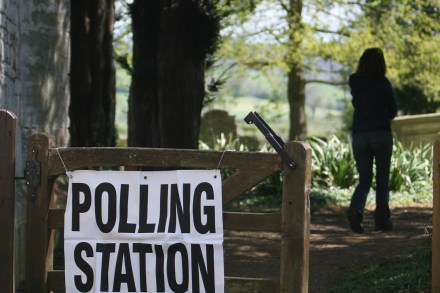All quiet on the Chilcot front
I just took a quick stroll around the block from Old Queen St, to check out the situation on the ground outside the Chilcot Inquiry. The most striking thing is how few protestors there are – about ten at most, I’d say, and a fraction of the number that marched out against Blair a few weeks ago. Brown doesn’t even make one placard’s list of – and I quote – “Lying R. Soles,” which includes Blair, Campbell, Straw and Goldsmith. It’s all rather suggestive of how Brown has managed, over the years, to separate himself from those who made the political and moral case for war. But there lies the


















